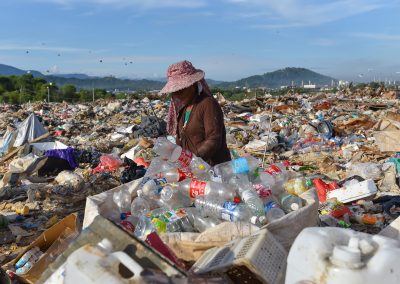Louisville
Louisville’s Resilience Journey
Set along the Ohio River, Louisville is a city rich in history and an exemplar of the values that define the American Midwest. However, economic growth has not benefited all residents equally, and inequality is increasing.
Louisville’s disadvantaged populations face difficult challenges, from pollution to inadequate infrastructure, leading to poor health outcomes and diminished economic opportunities. The city recognizes that thoughtful planning is needed to improve existing conditions and prevent future burdens from being placed unevenly on populations that are already suffering.
Louisville is at high risk for negative impacts from heatwaves due to significant urban heat island (UHI) effects, and has been identified as among the most rapidly warming cities in the country. A major heatwave could cause dozens of deaths, increase medical costs for vulnerable populations, and increase utility expenses for all citizens. To address this growing challenge, the city is developing a UHI mitigation plan in conjunction with Georgia Tech.
View Strategy (English)
News and Resources

Speaker Series 2025 #11 | Designing Together: The OASIS schoolyard model

Speaker Series 2025 #10 | Waste’s Invisible Workforce: From Informal to Inclusive

Speaker Series 2025 #09 | Scaling Resilient Communities: Tools for Action
Our Network
Which cities are a part of the Resilient Cities Network?

